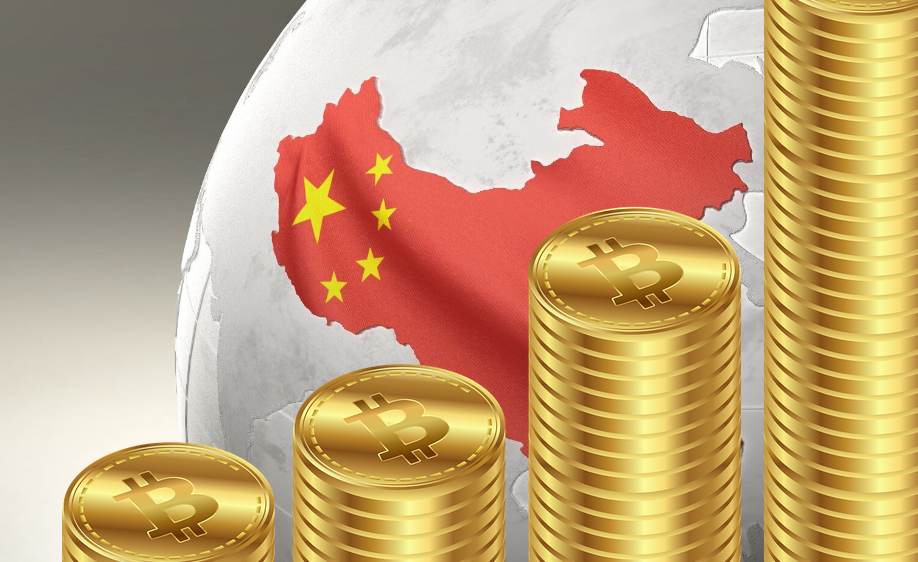$BABA $TCEHY $FXI
#China #PrivateSector #Investing #Economy #Markets #Alibaba #Tencent #Stocks #Investors #Growth #Finance #Policy
China’s private sector plays a crucial role in driving economic growth, yet uncertainty continues to weigh on business confidence despite recent government reassurances. Over the past year, Beijing has signaled support for private enterprises through high-profile meetings and policy statements. However, these promises have not translated into a convincing revival of investment enthusiasm. Investors remain wary after years of regulatory crackdowns on technology firms, property developers, and education companies. While some sectors, such as manufacturing and electric vehicles, have received favorable policies, others still face regulatory unpredictability that limits long-term planning. A meaningful recovery in private sector investment will require not only positive rhetoric but also consistent policy measures that restore trust and reduce uncertainty.
One of the principal concerns for investors is policy consistency. Beijing’s shifting stance on internet and technology companies has led to significant value destruction in major stocks, dampening appetite for new ventures in affected industries. Tech giants such as Alibaba and Tencent have seen their valuations decrease substantially since the regulatory crackdowns began in late 2020. Despite recent signs of easing restrictions, investors need clear signals that previous interventions were exceptions rather than the norm. Without a credible commitment to policy stability, capital may continue to flow toward sectors that are perceived as less vulnerable to government intervention, such as state-owned enterprises or industries with strong government backing.
The broader financial markets also reflect ongoing skepticism. The Hang Seng Index, which includes many Chinese technology stocks, has struggled to regain momentum even as global equity markets have rebounded. Foreign direct investment into China has slowed, with many global asset managers diversifying their portfolios away from Chinese equities and toward markets with higher transparency and predictable regulatory environments. This trend underscores the lasting impact of the regulatory upheaval, even if Beijing now seeks to reassure businesses. The Chinese yuan has also faced downward pressure amid concerns about economic growth, further complicating the investment climate for both domestic and foreign investors.
To genuinely restore confidence in the private sector, Chinese policymakers will need to do more than offer warm words. Regulatory policies must become more predictable, crackdowns must be clearly delineated from long-term strategic shifts, and incentives for private enterprises must go beyond temporary financial stimulus. A stable and competitive business environment would encourage domestic capital to re-enter the market and attract much-needed foreign investment. Without these concrete steps, China risks prolonging the uncertainty that has already weakened private sector growth, ultimately impacting the country’s long-term economic trajectory.







Comments are closed.